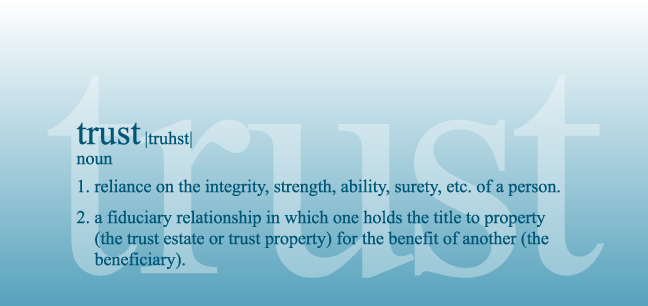Marlene Pappas Getchell 415.457.8830 marlene@mgetchell.com

Mediation by Attorney Marlene P. Getchell has been successful in settling hundreds of cases…
Marlene P. Getchell has mediated on a hundred cases. In Spring 2021, she received a Certificate of Completion for successfully completing the Mediation and Conflict Management Seminar from the Program on Negotiation at Harvard Law School. Mediation can be an effective and inexpensive way to resolve a dispute. Marlene P. Getchell has been successful in settling hundreds of cases while volunteering as a settlement panelist for the Marin County Superior Court.
What is Mediation?
Mediation is a form of alternative dispute resolution where a neutral person with no interest in the proceedings helps facilitate the parties to resolve their dispute.
Mediation can take place before an action is filed in court or after the filing of a complaint and continued through the court process where the dispute will ultimately be resolved by the judge or jury.
The parties are in charge of their future in that the ultimate decision making during the mediation rests solely with the parties.
The mediator’s role is to help facilitate discussion by using dispute resolution techniques to assist the parties to coming to a resolution of their dispute so that the parties can ultimately resolve their differences and settle the litigation. What is Mediation?
Disputes involving issues arising out of a probate or trust matter often involve personal issues. The parties frequently have never been involved in the legal process.
Mediation provides a forum for the parties to express their feelings and frustrations before concentrating on the acceptable terms of a settlement.
Why Mediate?
Litigation is trial by combat. Mediation, on the other hand, is much more likely to be a healing process.
Mediation focuses on ending a dispute by finding a solution both sides agree on. By getting parties working together to find a solution both can live with, it gets away from the idea that one side should win and the other lose. Instead, it presupposes that disputes almost always have a point of resolution that allows both sides to come away with their minimum needs being met.
A settled dispute allows the parties to move on and to use their resources in a positive and more productive manner.